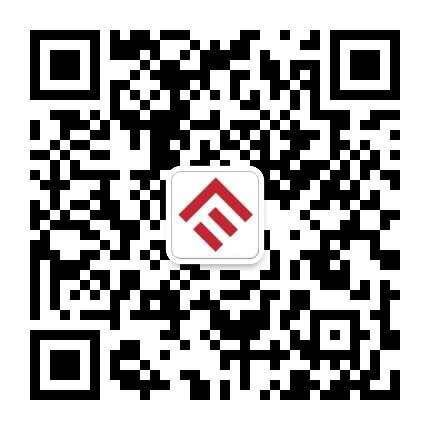RBA makes official cash rate decision
The Reserve Bank has called the cash rate for July.
The Reserve Bank of Australia (RBA) has decided to hold the official cash rate at 4.1 per cent.
This is now the second time the RBA paused the cash rate since it began hiking rates in May 2022, with the previous pause occurring in April of this year.
PropTrack senior economist Paul Ryan said while the cash rate was held steady today (4 July), the RBA signalled that “more tightening may be needed to rein in inflation”, with many expecting a 13th hike in August.
“The RBA judged that recent data on the labour market and inflation was in line with its expectations, and opted to wait for additional data on inflationary pressures and productivity growth, in particular.
“More tightening is expected to be needed to bring inflation back to the RBA’s target, but rates are close to their peak, which is good news for the housing market,” Mr Ryan said.
Mr Ryan further stated the housing market has shown “remarkable resilience” to sharply higher interest rates.
“Despite rates now at levels not seen since 2012, home prices increased further in June, and are up 2.3 per cent over 2023 so far. Offsetting higher mortgage rates, strong buyer demand has been focused on a slower flow of new property listings and led to price increases.”
However, he noted that higher rates are still a risk to the housing market, as eroded borrowing capacities and weaker economic conditions may lead to price falls, as seen in 2022.
CreditorWatch chief economist Anneke Thompson said the data released in June was not definitive enough to warrant a further cash rate hike.
“We are now nearing, if not at, the point in the monetary policy tightening cycle where further rises to the cash rate will have limited further effect.
“Households with a home loan have already endured the fastest and steepest rise to the cash rate in history, with most of these people unable to increase income enough to offset their higher interest repayments,” she said.
Ms Thompson added that it’s highly likely that households with a home loan have “already pulled back significantly on their discretionary spending” as savings rates are now below pre-COVID levels and COVID-era savings have already been exhausted by many.
“The RBA will now be hoping businesses slow their hiring intentions, taking some pressure off wages and reducing inflation in labour-intensive parts of the economy.”
What was foreseen before the pause?
The Commonwealth Bank of Australia (CBA) stood as an outlier among the major banks, forecasting a pause at 4.1 per cent based on the latest inflation figures, while ANZ, NAB and Westpac still expected a hike despite the drop in inflation.
Additionally, the ASX’s RBA Rate Indicator also suggests the market expects a hold in the cash rate in July.
On 3 July, the RBA Rate Indicator (based on the market determined prices in the ASX 30 Day Interbank Cash Rate Futures) showed the market had priced in an 84 per cent chance of “no change” and just a 16 per cent chance of an increase to 4.35 per cent.
Speaking to Mortgage Business, AMP Bank economist Diana Mousina stated that the decision would “likely be a close call”, however, the bank ultimately believed that the RBA would increase the cash rate again by 0.25 per cent.
Ms Mousina noted the RBA has become “more concerned about the inflation outlook in Australia after the minimum wage decision”.



